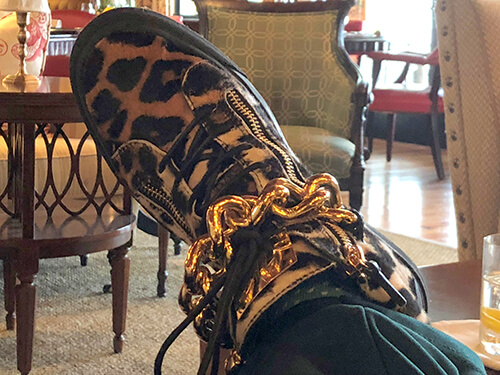Fear may be conscious or unconscious. Conscious fear results in symptoms such as palpitations and sweating. Unconscious fear is entirely outside your awareness. Yet, even though you do not register unconscious fear, it still activates and changes your brain. That’s why it matters. To understand when the brain starts reacting to unconscious fear, researchers showed 5 and 7- month-old babies fearful eyes. As the babies stared at the eyes, researchers looked to see if any brainwaves could be seen in their brains. They flashed the eyes in front of them at speeds too fast for the conscious brain to register. In 5-month-olds, the brain was silent. Fear had no effect. But in 7-month-old children, you could see signals over brain regions involved in vision and attention. Their brains had registered this! So don’t underestimate the perceptiveness of babies. Even in the first year of life, emotional development is already occurring. Be aware of the amount of fear you expose babies to, even if you think they can’t possibly see or hear what you are talking about.
QUESTIONS
What were you exposed to at 7 months of age? What are your babies exposed to? How would you like to change what you feed your brain now?

